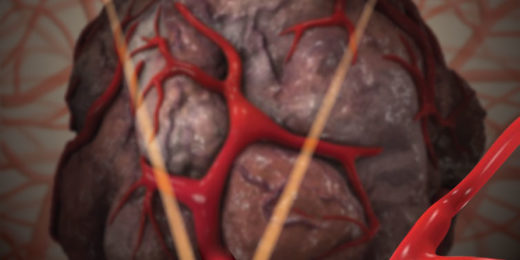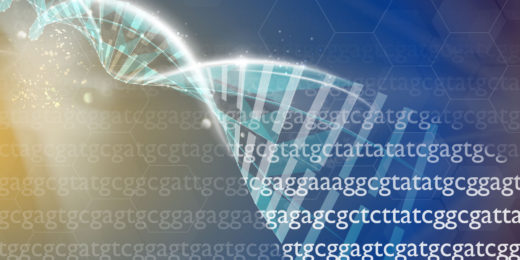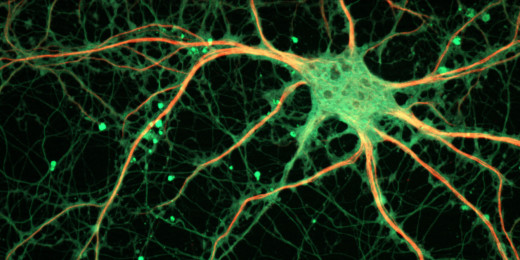Scientists modify a well-established imaging technique using gold nanoparticles to see swaths of tissue at a single-cell level.
Author: Hanae Armitage
The heartbeat seat: Demoing new well-being technologies in a car
As part of a writer's reporting for a magazine story, she tested out new technology that's meant to keep drivers more relaxed.
Immunotherapy for peanut allergies: A Q&A
Sharon Chinthrajah weighs in on a new peanut allergy immunotherapy, speaking to its potential and its role in the future of food allergies therapy.
National anti-smoking campaign helps smokers with mental health conditions try to quit
An anti-smoking ad campaign featuring a woman with depression helps smokers with mental health conditions attempt to quit.
Using technology to make commuters not-so-fast and not-so-furious
Robots, virtual meditation and steering wheels that sense stress are all part of a researcher's plan to create an environment that enhances your well-being.
AI, doctors team up to improve, expedite diagnoses
Scientists create algorithms that read X-rays and MRIs in an effort to enhance doctor's diagnoses of certain disease and injury.
AI could help veterinarians code their notes
A new algorithm helps turn veterinary notes into systemic codes, a development that could help track disease and enable drug trials.
A look at how colds and chronic disease affect DNA expression
Geneticist Michael Snyder has tracked the expression of his genes for three years, focusing on changes in response to chronic or acute disease.
Higher birth risks associated with older dads
From the data of more than 40 million births, scientists link paternal age to birth risks and even risks to the mother’s health.
Genetics of rapid deer antler growth, discovered
Stanford scientists identified two key genes responsible for the rapid bone growth of deer antlers, a finding that may one day help treat bone disease.
CRISPR technology turns skin cells into brain cells with high efficiency
Scientists use a tweaked version of CRISPR gene editing to turn skin cells into neurons, and simultaneously identify neuron-specific genes.
New take on CRISPR allows scientists to transport DNA to new locations
A new variation of gene-editing technology CRISPR allows scientists to reorganize DNA in a cell's nucleus in three dimensions, altering cell function.
More than 100 patients with mystery diseases find answers
A network of doctors that aims to diagnose mystery diseases has named 31 newly identified conditions and diagnosed more than 100 previously unsolved cases.
Spending mindfully: A challenge to pay attention to your wallet
Stanford's WELL for Life programs challenges participants to spend mindfully, in an effort to understand the relationship between well-being and finances.
Genetics of cholesterol reveal insights into heart disease and diabetes drug targets
Scientists find new potential drug targets for heart disease and diabetes, while shedding more light on the genetics of cholesterol, a new study has found.
The “exposome” revealed: a barrage of bacteria, chemicals, microscopic animals and more
Scientists have measured the human “exposome,” or the particulates, chemicals, and microbes that individually swarm us all, in unprecedented detail.
















